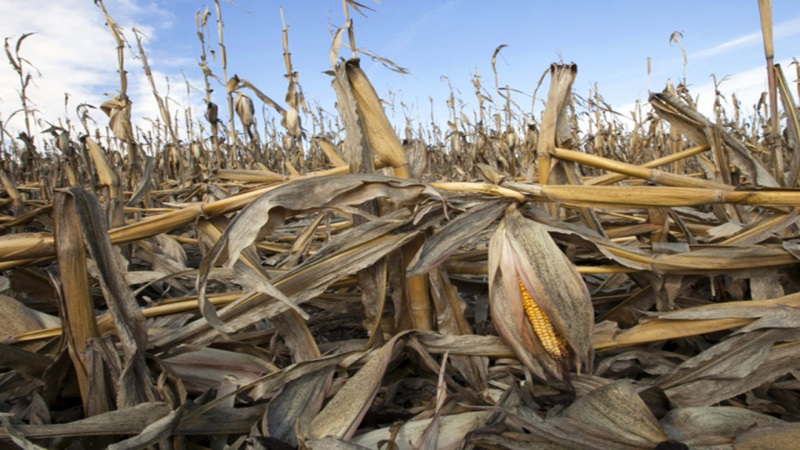
Are African Plants Getting Ignored Amidst the Climate Change?
Most Read Stories Today
-
Water Scarcity and Artificial Rainfall: The Positive and The Negative Effects of Cloud Seeding, including Health Hazards and Climate Implications.
-
Renewable Energy in Rural Areas: Challenges, Opportunities, and Successful Rural Projects
-
Pakistan's Agriculture at Risk Due to Climate Variability
-
South Africa's Recent Floods: Is Climate Change to Blame?
-
South Korea's floods: root causes and prevention strategies.
-
South Africa: Cape Town, A City Under Fire
-
The Human Cost of Climate Disasters
-
Our Oceans, Our Future: The South African Dilemma of Overfishing
-
Degenerative Impact of Hydrocarbons On The Environment.
-
Sustainable Urban Planning - Copenhagen and the Path to Climate Resilience
Given the present changing climate scenario, it comes as no surprise that the plant kingdom has also come under the ambit of threats from climate change.
Given the present changing climate scenario, it comes as no surprise that the plant kingdom has also come under the ambit of threats from climate change. The common notion of soaring temperatures due to climate change is just the tip of the iceberg for this problem.
An increase in temperature leads to increasing droughts, and wildfires. Longer droughts and increasing heat waves can reduce the productivity of plants, which is an evident cause of disruption of the food ecosystem. With increasing temperatures, pest outbreaks become a common phenomenon, which can reduce plant resilience and make them more vulnerable to pests.
Apart from temperature rise, the changing climate is also witnessing a significant rise in the sea level. The plants are no exception to being at the receiving end. Sea-level rise leads to water intrusion in the forest lands, infesting with saltwater that can destroy important ecosystems.
Mangroves in Africa are a major risk from sea-level rise according to the reports of IPCC (2001). In addition, climate change is also messing up with the timings and length of the season and one small impact is the disruption of the pollinators and the plant system. The deciduous forests in Africa, along with grass and shrub-savannahs in East Africa have shown sensitivity to reduced precipitation due to climate variability. It will not do justice if agriculture is missed out from the discussion.
Studies have projected certain plants to face negative impacts in the changing climate in Africa, such as beans (−16% ± 8.8), potato (−14.7 ± 8.2), banana (−2.5% ± 4.9), and sorghum (−2.66% ± 6.45). By 2030, some countries in Africa such as Ethiopia and Mozambique may face significant volatility in coffee yields and corn production, respectively. This will in turn lead to an extra burden on food security.
Now, why this concern about Africa? Given the socio-economic status of Africa, it will be hardest to face the brunt of climate change in this place. Thus, more preparedness and awareness are required to tackle the problem of climate change. To counteract the growing volatility in agriculture, localized planning, and financial mobilization will be required.

Terms & Conditions
Subscribe
Report
My comments